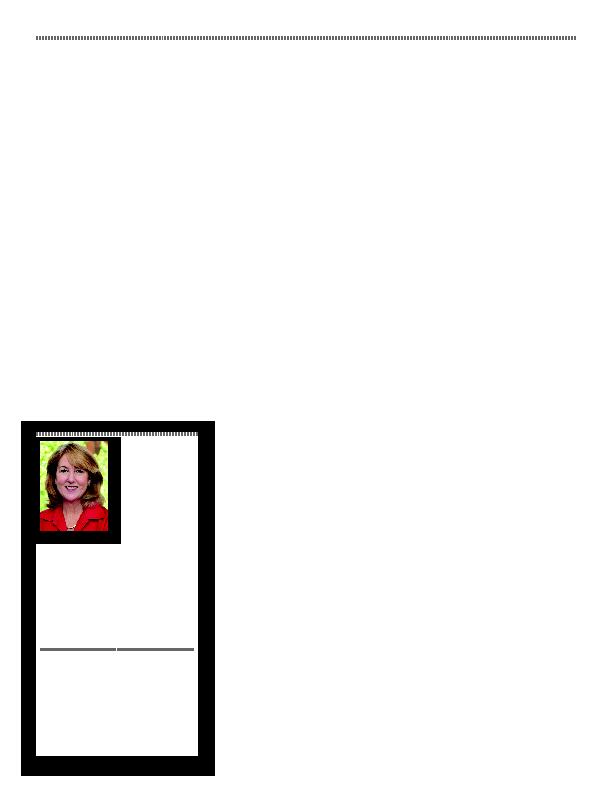
Jurisdiction Is a Thing, Again
litigators rarely challenge subject matter
jurisdiction when defending business
cases. First, absent federal jurisdiction,
contract cases appropriately are decided in
state courts of general jurisdiction, where
plaintiffs usually file. Second, since a lack
of subject matter jurisdiction can be raised
by either party or the court, the right to
challenge survives a delayed lightbulb
click. So, there's little "speak now or
forever hold your peace" worry.
But, a number of recent cases remind
us that applying the pressure defense of
this old school gem can shake the rafters
of the old school gym. Seemingly, subject
matter jurisdiction is making a comeback
to be posed by jurists: How might we get rid
of this case?
From law school classes, lawyers
remember that there are a couple of ways
to challenge subject matter jurisdiction.
One is whether the court can decide the
type of case; the other is whether the court
can decide a case when this litigant cannot
assert the claims. Calling foul when litigants
fail on this second play, state and federal
courts have ejected plaintiffs and reminded
us to reconsider asserting good ole Rule
12(b)(1).
How might a plaintiff fail to qualify?
A party must have standing to assert the
claims made in the complaint. Lacking
a plaintiff with standing, the court
cannot properly exercise subject matter
jurisdiction. "If a party does not have
standing to bring a claim, a court has no
subject matter jurisdiction to hear the
claim." Wilson v. Pershing, No. COA16-
803, filed 16 May 2017, 2017 N.C. App.
LEXIS 388, quoting Estate of Apple v.
Commercial Courier Express Inc., 168
N.C. App. 175, 177, 607 S.E.2d 14, 16
(2005). Sounds reasonable, but you may
think "how might this help me?" A typical
inter-company dispute provides an easy
example. Derivative actions require that an
owner first make demand on the business
to take action against another shareholder
or member. If the demand is not given, or
is insufficient, the complaining owner has
no right to assert derivative claims. Hence,
the court has no subject matter jurisdiction.
See Petty v. Morris, N.C. Super. Ct. Dec. 16,
2014, Order of Hon. James L. Gale, Chief
Special Superior Court Judge for Complex
7591073 (recognizing standing requirement
but denying dismissal where demand made).
[If you find this scenario riveting, take a look
at the 7
in which the appellate court upholds the
district court's dismissal of a derivative suit,
but notes that the shareholder-standing
rule is not technically a subject matter
jurisdiction argument under U.S. Const. art.
III., but rather is addressed as prudential
jurisdiction. Still works.]
A second example of a challenge to
standing was the basis of the 2016 U.S.
Supreme Court decision, Spokeo, Inc. v.
Robins, 136 S.Ct. 1540 (2016). Mr. Robins
alleged a violation of the Fair Credit
Reporting Act (FCRA) when Spokeo,
alleged to be a consumer reporting agency,
published inaccurate information about him.
A federal question existed. However, the
district court dismissed the case for lack
of subject matter jurisdiction. The Ninth
Circuit disagreed. Considering Robins'
assertion of a "bare procedural violation,"
the Supreme Court remanded the case to the
Ninth Circuit to determine whether Robins
suffered a "concrete and particularized"
injury, required to give him standing to bring
his claim.
A plaintiff who failed to exhaust
administrative remedies provides a third
example where subject matter jurisdiction
blocks the shot. This played out recently
in the Fourth Circuit, which upheld the
district court's grant of a motion to dismiss
mortgagors' claims against J.P. Morgan,
which acquired the Washington Mutual
mortgage through an FDIC receivership.
Under the Financial Institutions Reform,
rights specialist with decades of experience in
state and federal courts. She represents mostly
businesses, both large and small, in a variety of
matters, including contract drafting and disputes,
and issues pertaining to labor and employment
laws in North Carolina.
4601 Six Forks Road, Suite 400
Raleigh, North Carolina 27609
smithdebnamlaw.com